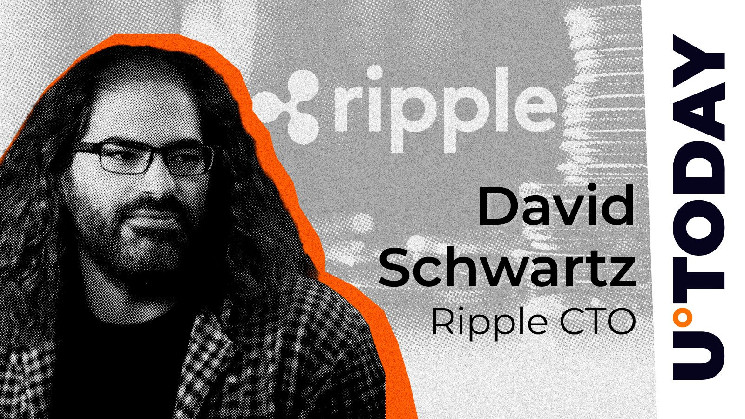Ripple’s long-anticipated journey towards turning into a publicly traded firm has saved the XRP group on edge. Though discussions round a $30 billion valuation have circulated for over a 12 months, the trail to accessing shares stays a focal point — and controversy.
One of the debated strategies entails buying artificial pre-IPO shares by third-party companies. These companies, whereas more and more in style, have sparked issues about their legitimacy and potential dangers.
Not too long ago, the XRP group has been abuzz with discussions concerning the moral and authorized implications of those artificial merchandise. Critics argue that investing in such choices resembles speculative playing, with little oversight or transparency. David Schwartz, CTO of Ripple and a key determine within the firm’s founding, has entered the dialog along with his perspective on the matter.
To purchase or to not purchase?
Schwartz shared some frank ideas on the dangers of shopping for shares on the secondary market in a social media submit. He talked about that brokers usually don’t give retail traders all the knowledge they want, which leaves them open to costs which might be too excessive and incomplete disclosure.
Should you should not have entry to all the information, you might be at an obstacle, particularly when the principle aim is to take advantage of revenue for the sellers and middlemen.
The developer means that anybody enthusiastic about shopping for secondary market pre-IPO shares ought to take a look at data from multiple supply, not simply their dealer.
There are a number of instruments that may give you some perception into these markets, however they depend upon the information that is obtainable. Even so, it’s all the time higher to have some knowledge than none, and evaluating a number of quotes is basically necessary for getting by these complicated monetary waters.
The message is obvious: Whereas the will of investing in Ripple’s pre-IPO shares could also be tempting, the dangers can’t be neglected. With the actual providing approaching, it is vital for traders to train warning and due diligence earlier than taking part in secondary market transactions.



